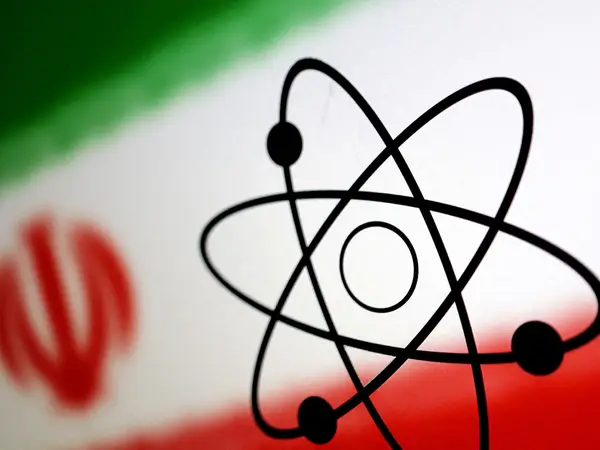There have been clear signs in recent days that EU proposals of August 8 are closing lingering Washington-Tehran gaps over reviving the 2015 Iran nuclear deal.
European Union officials called these ideas a “final text,” and then reacted with cautious optimism to an Iranian response made August 15.
Ned Price, the United States State Department Spokesman, referred Monday to the “latest versions of the text the EU had circulated,” suggesting the text had been amended. Price said the latest versions did not include the removal of Iran’s Revolutionary Guards from the US list of ‘foreign terrorist organizations.’ Tehran reportedly demanded earlier in talks the withdrawal of the designation, made by President Donald Trump in 2019 in the context of ‘maximum pressure’ introduced after the US left the nuclear deal in 2018.
As reported Tuesday, a senior US official told Reuters news agency Monday that Iran had now “basically dropped the main hang-ups to a deal.”
Crossing the Rubicon
“We think they have finally crossed the Rubicon and moved forward towards possibly getting back into the deal on terms that President [Joe] Biden can accept,” the official told Reuters. “If we are closer today, it’s because Iran has moved. They conceded on issues they have been holding onto from the beginning.”
The official added that the US was “studying” Iran’s response: “We’ll get back to them soon.”
While accusing Washington of delay since Tehran’s input August 15, Iranian officials have suggested the US has made significant concessions. This may help to placate less strident Iranian opponents of the 2015 deal, the JCPOA (Joint Comprehensive Plan of Action).
Josep Borrell, the EU foreign policy chief, said Wednesday that while “most” countries agreed with the EU text, “I still don’t have the answer from the United States.”
The trickiest issue on which to agree wording over the text restoring the JCPOA may be enquiries by the International Atomic Energy Agency (IAEA) into uranium traces found in Iranian sites linked to pre-2003 work. While the agency would monitor a restored 2015 deal, it insists that its enquiry into the uranium relates to Tehran’s basic commitments under the Nuclear Non-Proliferation Treaty rather than JCPOA.
Iran, on the other hand, has pointed to the precedent of 2015 when, shortly after the JCPOA was signed, the agency published a ‘final’ report on Tehran’s pre-2003 work. Iran argues the probe was revived only because of allegations made by Israel based on documents supposedly removed from Iran by Israeli agents.
‘Main obstacle’
Nour News, linked to Iran’s Supreme National Security Council, Tuesday objected to “political approaches” by IAEA chief Raphael Mariano Grossi, calling him the “main obstacle to the finalization of the Vienna talks, along with the Zionist regime.”
The quid pro quo of JCPOA restoration boils down to which US sanctions violate the agreement, and how Iran would return to JCPOA limits the nuclear activities it has expanded and refined since 2019. With both sanctions and nuclear work technical as well as political, gaps between Washington and Tehran have not been bridged in 16 months of talks, largely in Vienna between Iran and six world powers, and bilaterally between Iran and the US in Qatar in June.
A second US official quoted by Reuters said that under the American understanding of JCPOA restoration, limits on the Iranian nuclear program would extend to “at least six months” the ‘break out’ time required to assemble a crude weapon should Iran decide to do so.
